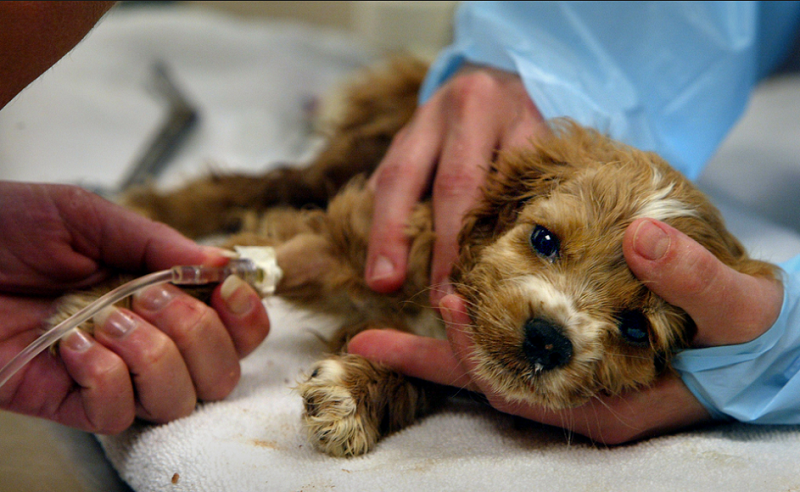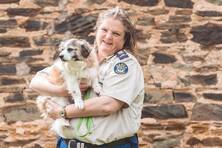Dogs falling victim to Parvovirus outbreaks in Whyalla area
November 12, 2018Three separate cases of Canine Parvovirus (CPV) in the Whyalla area last week have prompted RSPCA South Australia to urge dog owners not to ignore calls to vaccinate.
An RSPCA South Australia Inspector discovered the three dogs infected with the potentially lethal virus when responding to cruelty reports within the Whyalla township.
All the dogs were under 12 months of age and had never been vaccinated. Two of the dogs survived treatment, with one so ill the owner made a decision to euthanise.
According to RSPCA South Australia’s Whyalla-based inspector Andre Sliedrecht, the recent warmer weather together with rain have created the perfect conditions to activate dormant Parvovirus bacteria in the soil.
“We always have cases come up around this time of year, and they are always in those areas with low vaccination rates,” Inspector Sliedrecht said.
“Whyalla and the surrounding area are among South Australia’s Parvovirus hotspots.
“Some pet owners in these areas continue to ignore the need to vaccinate their dogs against this highly contagious virus, and that then puts other dogs are risk.”

Dogs contract Parvovirus by coming into contact with vomit or faeces from infected dogs. Once an area is infected, it can remain dangerous for up to a year. (It is a canine-specific virus, so not transferable to humans.)
The only way to protect young puppies is a course of three vaccinations, ideally administered by a vet in the first 20 weeks of life. Most dogs older than four months will achieve immunity to the virus with just one vaccination.
Unvaccinated dogs (including young puppies that have not received the full vaccination course) should not be allowed to come into contact with other dogs or taken to areas where other dogs have been.
“If your dog is not vaccinated then you should keep him on your property,” Inspector Sliedrecht said.
“This virus is so contagious that we have cases where dogs have caught it after their owners have moved into a house where a dog with the condition lived previously, or they have caught it from being walked along the same route taken by an infected dog.
“There is no other way to protect your dog, prior to vaccination, than by containing him to your property.”
Puppies and senior dogs are the most at risk of contracting Parvovirus. The symptoms – including bloody diarrhea, vomiting, fever, weight loss and lethargy – have drawn comparisons with Ebola, another highly contagious virus that affects humans.
According to Inspector Sliedrecht, Parvovirus is one of the most hideous conditions any animal can suffer.
“Anyone who has seen an animal die from Parvo would understand how vital vaccination is.
“It costs around $80 to $100 to vaccinate your dog, compared to potentially thousands of dollars in vet treatment if your dog is diagnosed with this virus, and even with intensive vet care there’s no guarantee your dog will survive.
“Survive or not, he will most definitely suffer in ways no person who loves their dog would want to see.”
The currently available vaccines increase survival rates for dogs that contract any strain of Parvovirus, including a new strain detected in Australia last year.
Regardless of the strain of Parvovirus, RSPCA South Australia wants to reinforce that vaccination remains the best preventative action available to dog owners.




